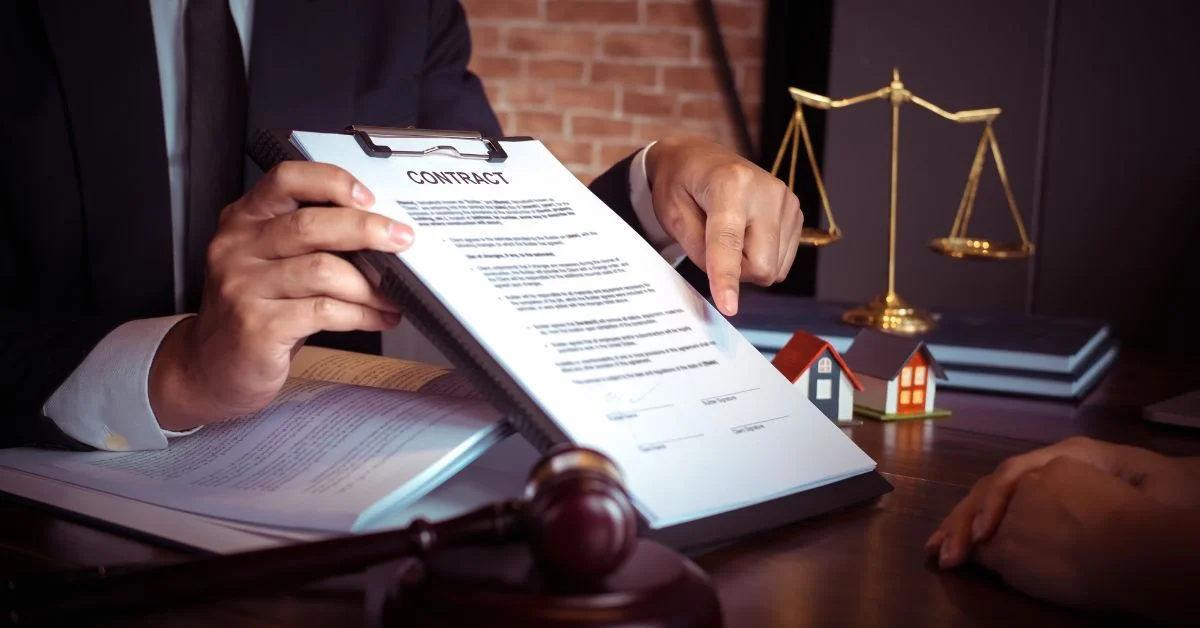The 72 Sold case has dominated real estate news for the past few months. Suddenly, 72 Sold was a household brand because to their aggressive marketing and 8-day house-selling guarantee. However, it is currently facing legal examination, which might harm its reputation.
It is critical for everyone involved in this litigation, whether they are homeowners, real estate investors, or simply interested observers, to grasp the details. We break it down into its component parts and discuss its possible effects on the industry as a whole in this piece.
What is 72 Sold?
The realty platform 72 Sold asserts that it can sell houses more quickly and, more frequently than not, for a greater price than more conventional means. The website, which was started by seasoned real estate agent Greg Hague, has a secret selling strategy supported by extensive internet, radio, and television advertising.
Key Features:
- Promises home sale in 72 hours to 8 days
- Works with licensed agents in a nationwide network
- Uses psychological pricing strategies
While many users report success, others have raised concerns about hidden terms, overpromising marketing, and now, legal challenges.
Overview of the 72 Sold Lawsuit
Claims of negligence, breach of contract, and possible infractions of state real estate laws were advanced by former customers and brokers in the 72 Sold case. Multiple states have received complaints.
Core Issues:
- Misrepresentation of home sale timelines
- Unfair commission structures
- Non-disclosure of agency relationships
- Questionable marketing claims
As of 2025, the lawsuit remains in active litigation, with new details continuing to emerge.
Timeline of Legal Events
Understanding the chronological events provides clarity. Here’s a simplified timeline:
- May 2023 – First consumer complaints filed in Arizona
- August 2023 – Class-action suit initiated by homeowners
- October 2023 – Former agents come forward with whistleblower testimony
- December 2023 – Regulatory investigations begin
- February 2024 – Preliminary hearings begin in Phoenix
- June 2024 – Court permits class-action status
This growing legal storm highlights increasing regulatory focus on innovative real estate models.
Key Allegations in the Lawsuit
The legal claims against 72 Sold cover several broad and serious issues. Here are the main ones:
1. False Advertising
Plaintiffs argue that 72 Sold’s advertising creates unrealistic expectations. The promise of selling a home within 72 hours allegedly misled many into signing contracts without reading the fine print.
2. Unlicensed Practice Allegations
In some cases, the company has been accused of operating in states where it lacks the necessary licenses.
3. Breach of Contract
Some sellers claim that contracts were changed or not honored, particularly when sales exceeded the promised timeframes or commissions differed.
4. Undisclosed Dual Agency
There are allegations that agents acted on behalf of both the buyer and seller without properly disclosing this conflict of interest.

72 Sold’s Response and Defense
72 Sold has denied all allegations and maintains that it operates within legal and ethical boundaries.
Official Statement:
“We stand by our process and have helped thousands of families sell their homes faster and for more. These claims are baseless and motivated by misunderstanding or misinformation.”
Defense Strategies:
- Emphasizing user satisfaction ratings
- Highlighting testimonials and data backing their methods
- Pointing to local agent partners who maintain licenses
Still, the ongoing case is a stain on the company’s otherwise fast-growing brand.
Impacts on Home Sellers and Buyers
If you’re a seller or buyer considering using 72 Sold, this lawsuit may give you pause. Here’s how it could affect your decisions:
- Delayed Transactions: Legal proceedings could slow down services in affected states.
- Loss of Confidence: Buyers and sellers may hesitate to use the platform.
- Pricing Uncertainty: Questions about commission structures might cause confusion.
For now, consumers are advised to review contracts carefully and consult independent real estate advisors.
Expert Opinions on the Lawsuit
Industry experts are divided. Some view the lawsuit as a necessary step to bring transparency, while others see it as a threat to innovation.
Expert Take:
Laura Briggs, Real Estate Analyst: “Disruption in real estate always faces resistance. That said, any new model must still comply with the legal and ethical frameworks of the industry.”
Mark Rivera, Legal Advisor: “The class-action nature of this lawsuit suggests deeper systemic issues. Courts will determine if this is simply growing pains or a case of malpractice.”
Table: Key Parties and Legal Points
| Party Involved | Role | Allegation/Claim | Status |
|---|---|---|---|
| Greg Hague | Founder of 72 Sold | Oversight of marketing & operations | Named in lawsuit, denies wrongdoing |
| Homeowners (plaintiffs) | Class-action representatives | Misrepresentation and breach of contract | Active litigants |
| Former agents | Whistleblowers | Unethical practices and non-disclosure | Testifying in court |
| Arizona Real Estate Board | Regulatory authority | Licensing and compliance investigation | Ongoing review |
| 72 Sold | Defendant | Denies all allegations | Awaiting judgment |
Industry Reaction and Media Coverage
The media has closely followed the 72 Sold lawsuit, with real estate blogs, news networks, and consumer watchdog groups weighing in.
Highlights:
- ABC15 Arizona conducted an in-depth investigation featuring anonymous whistleblowers.
- REALTOR® Magazine covered how lawsuits like this may impact real estate branding.
- Reddit and Real Estate Forums are filled with user experiences—both positive and negative.
This wide coverage has elevated public awareness, pushing other platforms to scrutinize their practices.
Lessons for Real Estate Consumers
Here’s what you can take away from this situation:
1. Always Read the Fine Print
Never assume terms based on marketing. Understand the obligations, exit clauses, and commission breakdown.
2. Ask About Licensing
Ensure your agent is licensed in your state and transparent about their role.
3. Seek Independent Advice
Before signing, consult a local real estate attorney or seasoned agent.
4. Research the Platform
Check for complaints, Better Business Bureau ratings, and customer reviews.
5. Watch for Red Flags
Pressure tactics, vague answers, or conflicting contract terms are warning signs.
Conclusion: Should You Still Trust 72 Sold?
Concerns regarding the platform’s policies and procedures are well-founded in the 72 Sold case. There has to be more openness and responsibility, even though not all users have had bad experiences, because of the legal crutiny.
Before relying on 72 Sold or any other real estate agency, make sure you do your research. Go into it knowing what you’re getting into and with the help of competent legal and financial counsel.
FAQs About the 72 Sold Lawsuit
1. What is the basis of the 72 Sold lawsuit? The lawsuit alleges false advertising, breach of contract, and unlicensed real estate activity.
2. Is 72 Sold still operational during the lawsuit? Yes, the platform continues to operate while the case is in litigation.
3. Can I get a refund if I was affected? Only if the lawsuit is settled in favor of plaintiffs or you join a class-action group and meet eligibility criteria.
4. How do I know if my agent is following legal protocols? Ask for their license number, agency disclosure forms, and confirm with your state real estate board.
5. Where can I read official updates? Check court records in Arizona and reliable news sources covering real estate law.
For more information, click here.









